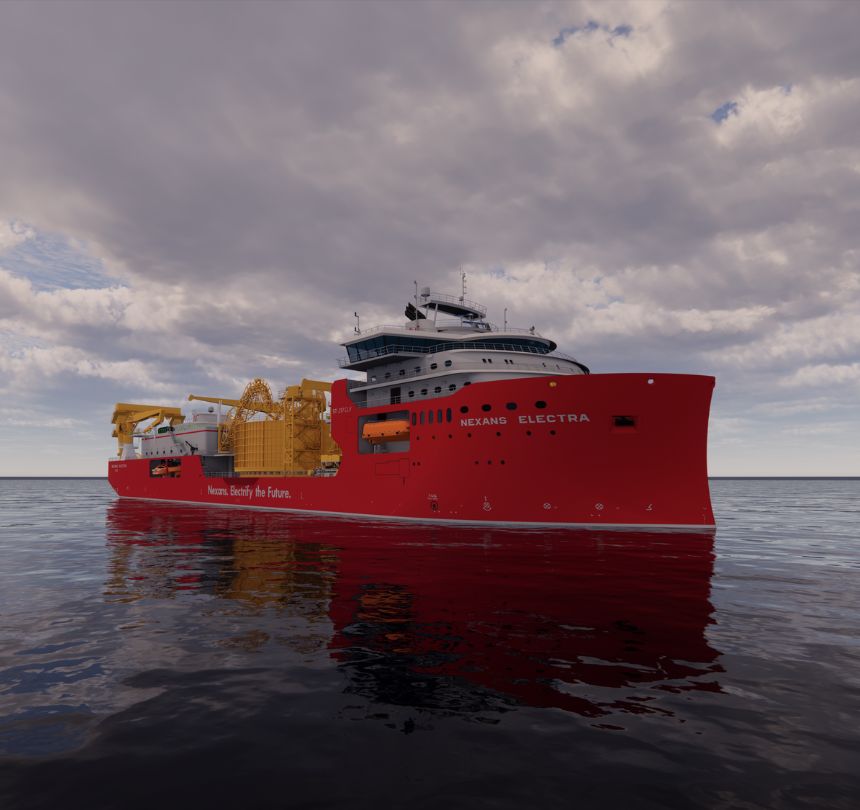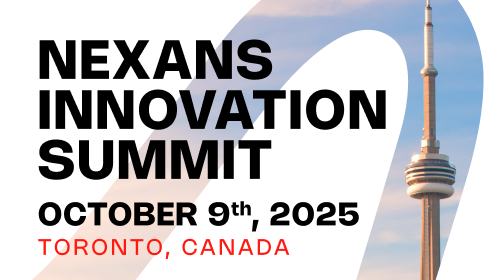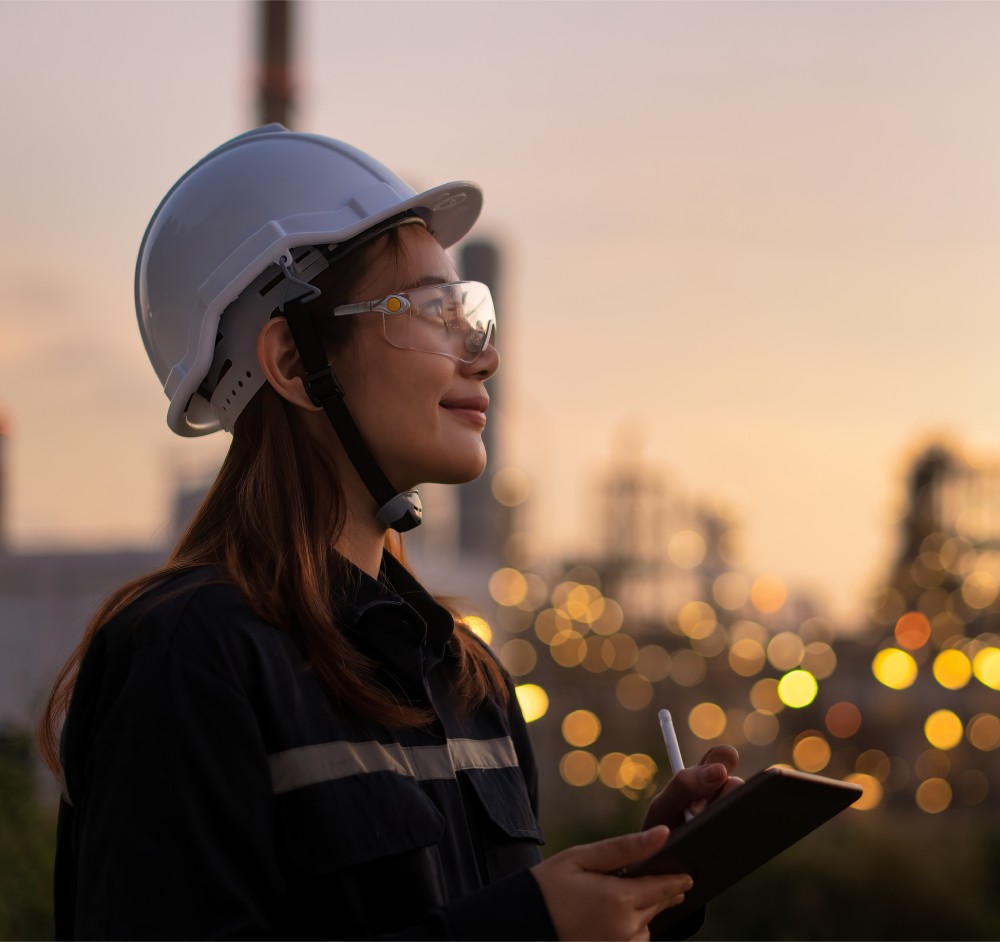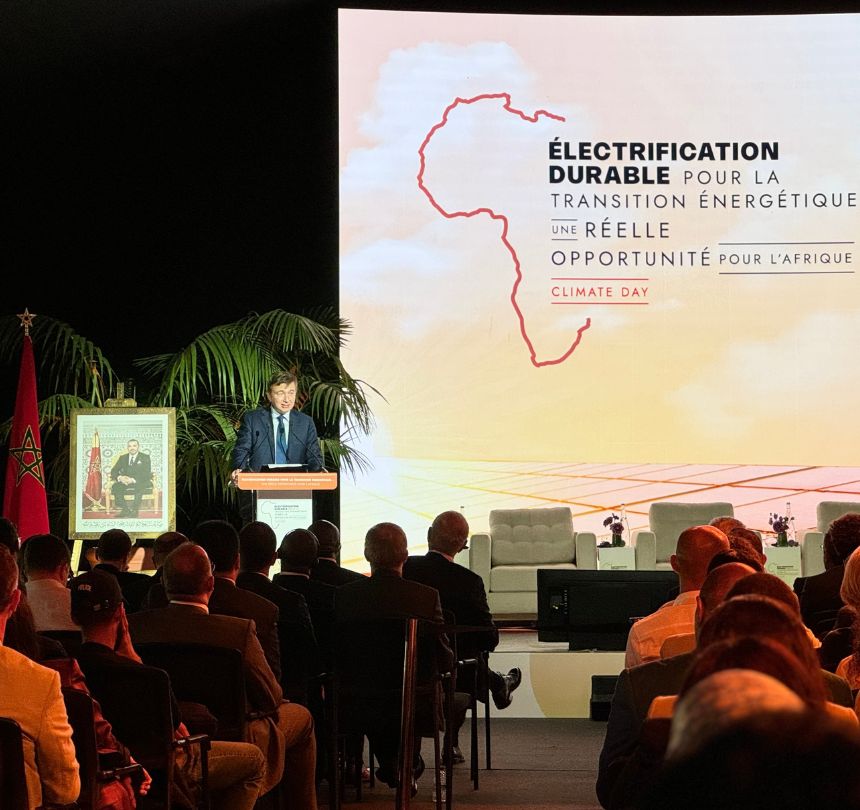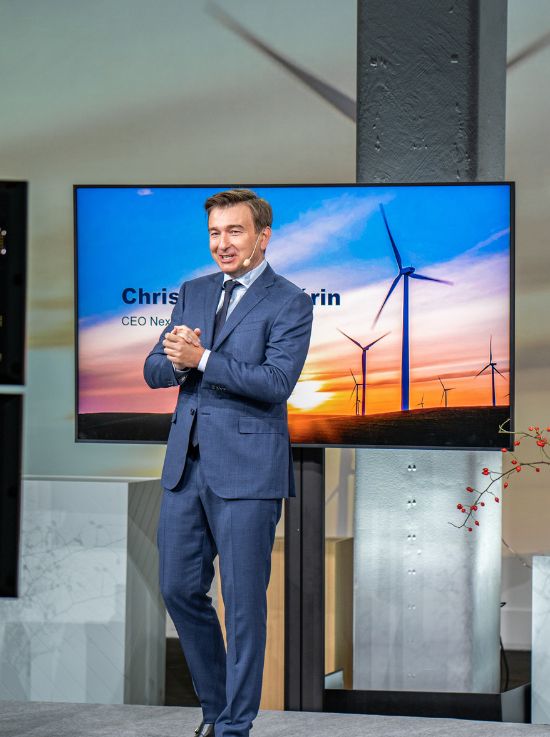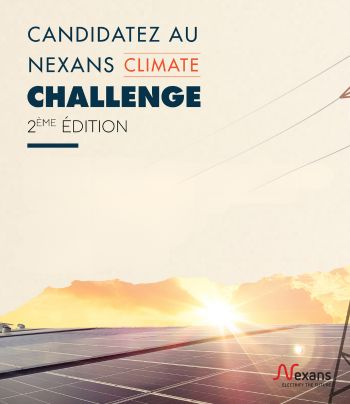Climate issues are now at the forefront of state concerns in light of the current economic context and geopolitical stakes.
To achieve the Paris Agreement‘s goal of limiting temperature increase to 1.5°C, it is urgent to accelerate the transition and implementation of strategies related to carbon neutrality. Efforts to combat global warming currently do not put us “on the path to a 1.5°C world.” According to the new report from the United Nations Climate Agency (UNFCCC), the combined climate commitments of the 193 parties to the Paris Agreement could set the world on a path to warming of about 2.5°C by the end of the century.
Nexans is committed, as part of the Science Based Targets initiative (SBTi), to achieving “Net-Zero” emissions by 2050, based on the levers of the next phase of digitization allowed by Industry 4.0, waste reduction and sustainable energy consumption.
To go even forward, since 2020, the Group has been organizing the Climate Day. This event brings together outstanding experts and actors in the field with the aim of raising awareness on climate challenges, sharing experiences and providing concrete solutions for sustainable electrification.
After opting for Paris, Stockholm and New York, Nexans organized its fourth Climate Day in Rabat, Morocco, under the theme “Sustainable electrification for energy transition: A real opportunity for Africa”.
600M
people live without electricity
in Africa in 2021 (IEA)
60%
of the world’s solar resources
are in Africa (IEA)
1%
of installed solar PV capacity
in Africa (IEA)
+80%
of new power generation capacity
to 2030 in the SAS: solar, wind,
hydropower and geothermal (IEA)
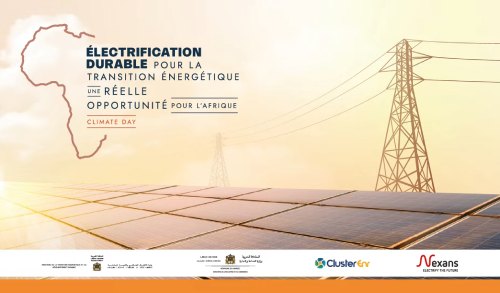
Climate Day 2024: Sustainable Electrification for Energy Transition – A Real Opportunity for Africa

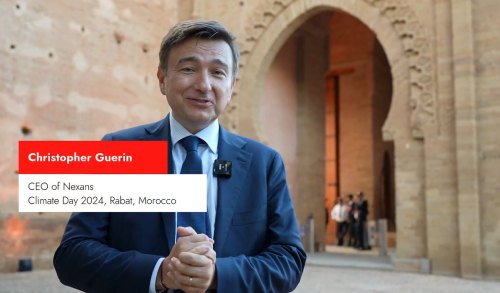
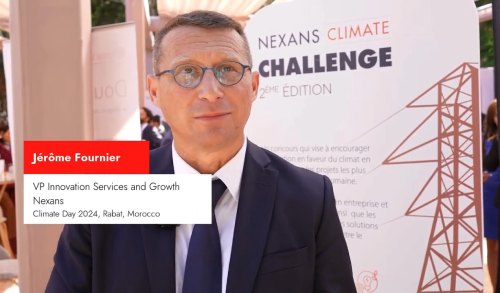

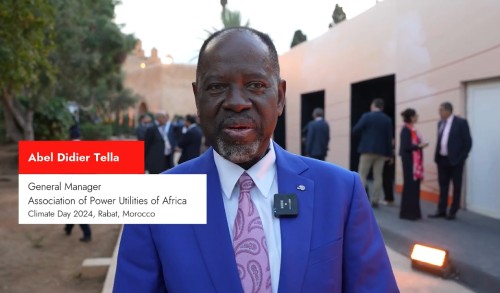
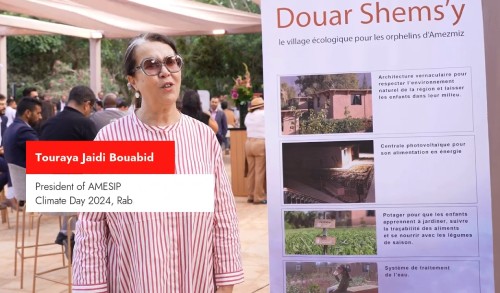
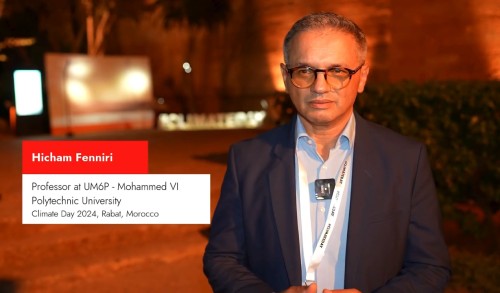
Sustainable electrification in Africa
If one of the millennium development goals is to provide populations with a sustainable human environment, access to electricity remains a real barrier to the development of certain regions, particularly in Africa.
A continent with low carbon emissions that, nevertheless, suffers the most from the harmful effects of climate change. Governments must therefore rethink their electrification plans based on innovative economic models, considering environmental issues and social aspects to promote the development of their countries and reduce the growing gap between rural and urban areas.
In this context, Morocco aims to be a regional leader and a bridge between African countries in the field of sustainable electrification.
It positions itself as an energy hub promoting system integration. This role ensures the deployment of large-scale integrated energy strategies, creating a strong force against climate change. This regional integration fosters African cooperation and multiplies energy, industrial, and commercial exchanges, ultimately promoting the creation of a strong, inclusive, and supportive African economy for rapid growth and sustainable development of the continent.
Morocco has implemented several national strategies to achieve a greener and more sustainable economy by 2035 and 2050. The low-carbon strategy aims to develop renewable energies, promote energy efficiency and the circular economy, and support sustainable agriculture. The SNDD 2035 was developed with a participatory approach, including sectoral and territorial consultations as well as citizen consultation. It guides intersectoral transformations, ranging from water, energy, and food security to the preservation of cultural heritage. To track progress, a national dashboard with relevant indicators has been established.
Regarding the circular economy, efforts are being made to revise legislation on waste management and promote waste recovery. Measures are being taken for waste management in six host cities of the 2030 World Cup. The reformed mining strategy seeks to valorize strategic minerals and promote a sustainable mining sector. At the same time, Morocco’s energy strategy relies on renewable energies, energy efficiency, and regional integration, requiring substantial investments. Morocco has developed an offer around hydrogen adapted to future challenges and needs. Finally, the natural gas sector is seen as a key element of the energy transition, with projects to develop gas infrastructure and promote green hydrogen, while seeking competitiveness and sustainability in the context of Morocco’s industrial development.
Morocco has committed to an ambitious and inclusive energy transition strategy based on complementary objectives: 20% energy savings and more than 52% share of renewable energies in total installed electrical capacity by 2030.
Morocco has significant renewable energy potential with an installed capacity of over 4.5 GW already operational and the planning of an additional renewable capacity of about 7.5 GW within the framework of the 2023-2027 electrical equipment plan (i.e., 78% of the total planned capacity).
The Conference of the Parties to the United Nations Framework Convention on Climate Change (COP28) offered a unique opportunity to correct the course and accelerate the pace of actions taken to combat the climate crisis: climate action cannot wait.
Climate issues are a priority for Nexans, with 40% of global CO2 emissions from energy coming from the electricity sector.
The large-scale deployment of low-carbon energy sources is the only way to control emissions to meet the global demand for electricity. Nexans’ involvement in renewable energies dates back to the early twentieth century, during the connection of Europe’s first hydroelectric plants. Today, its cabling solutions, designs, and support services help the industry achieve competitive installations for energy transition and electrification.

